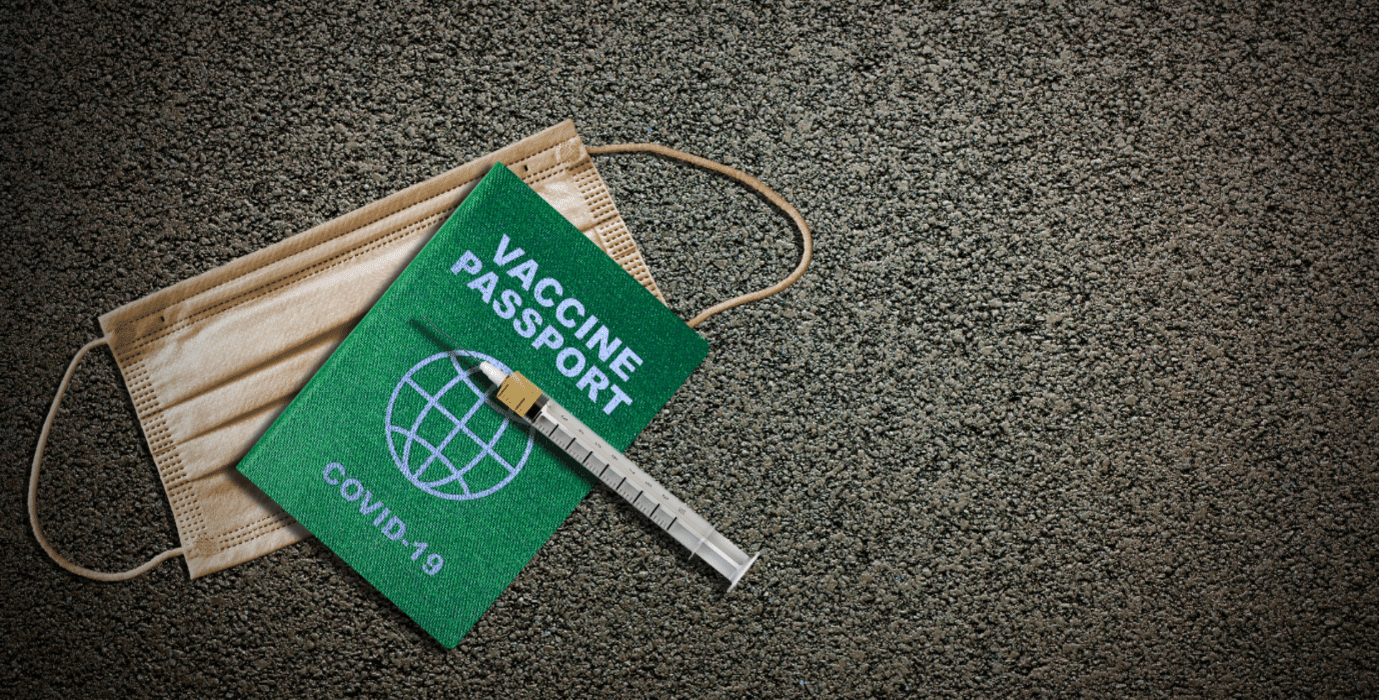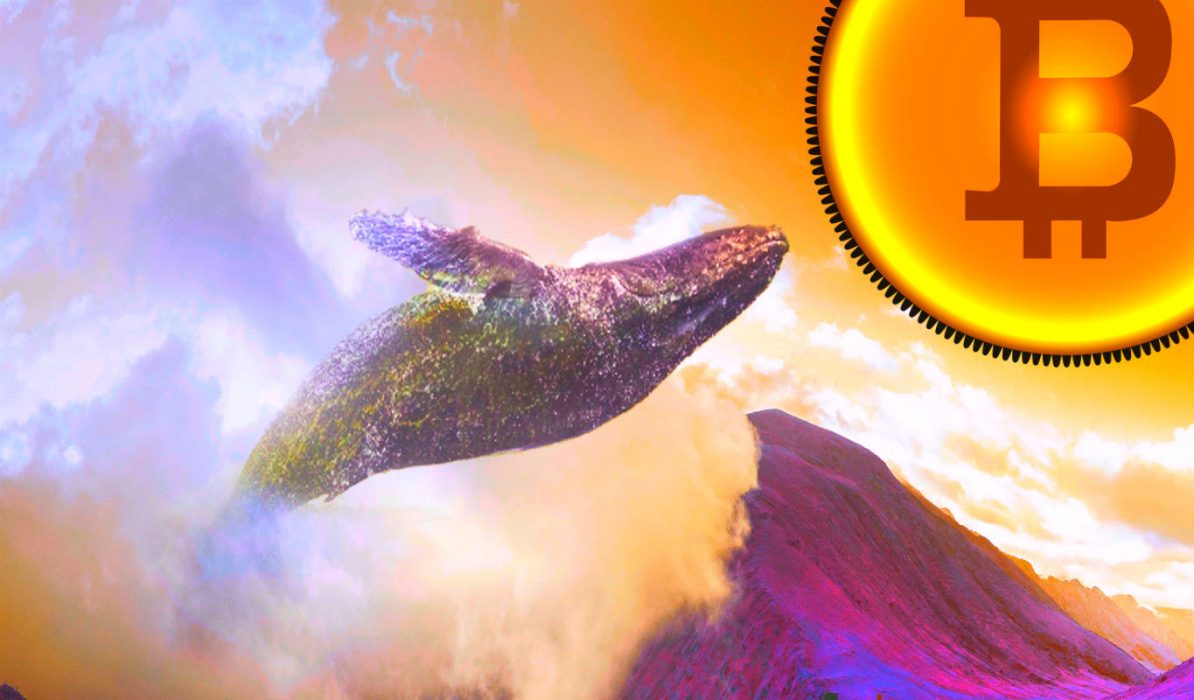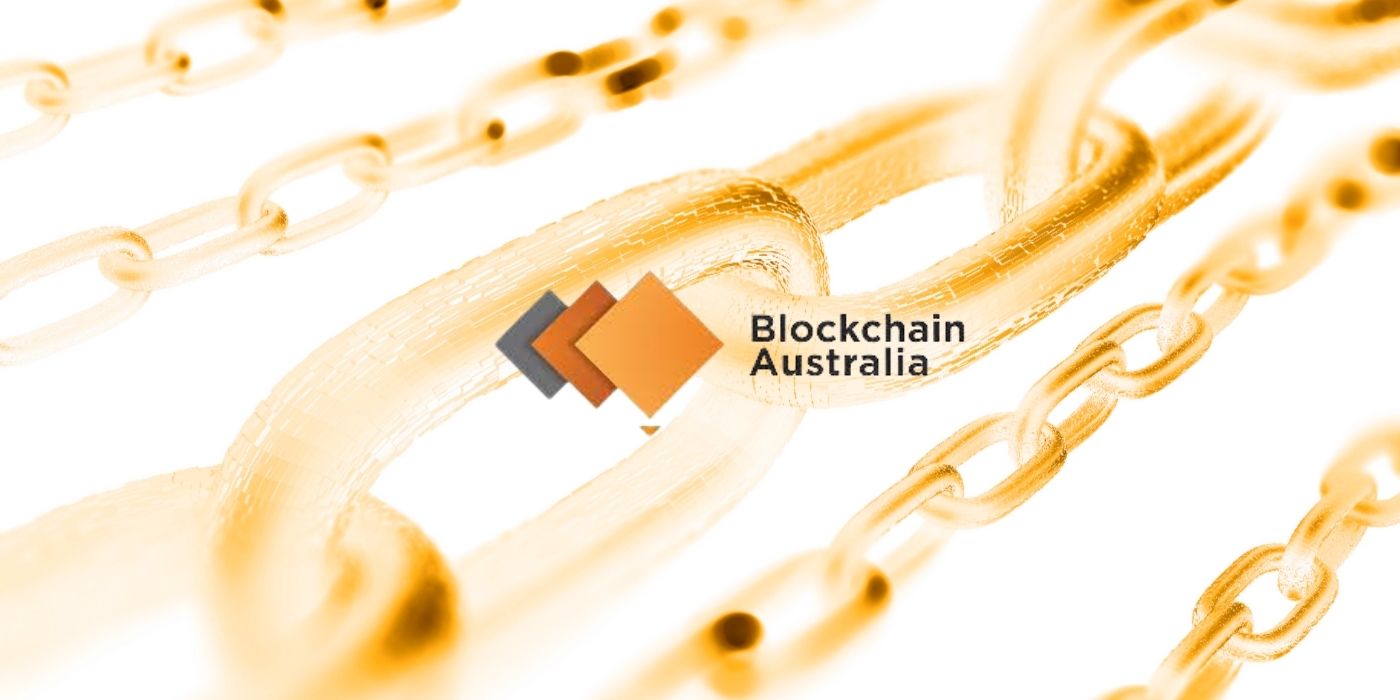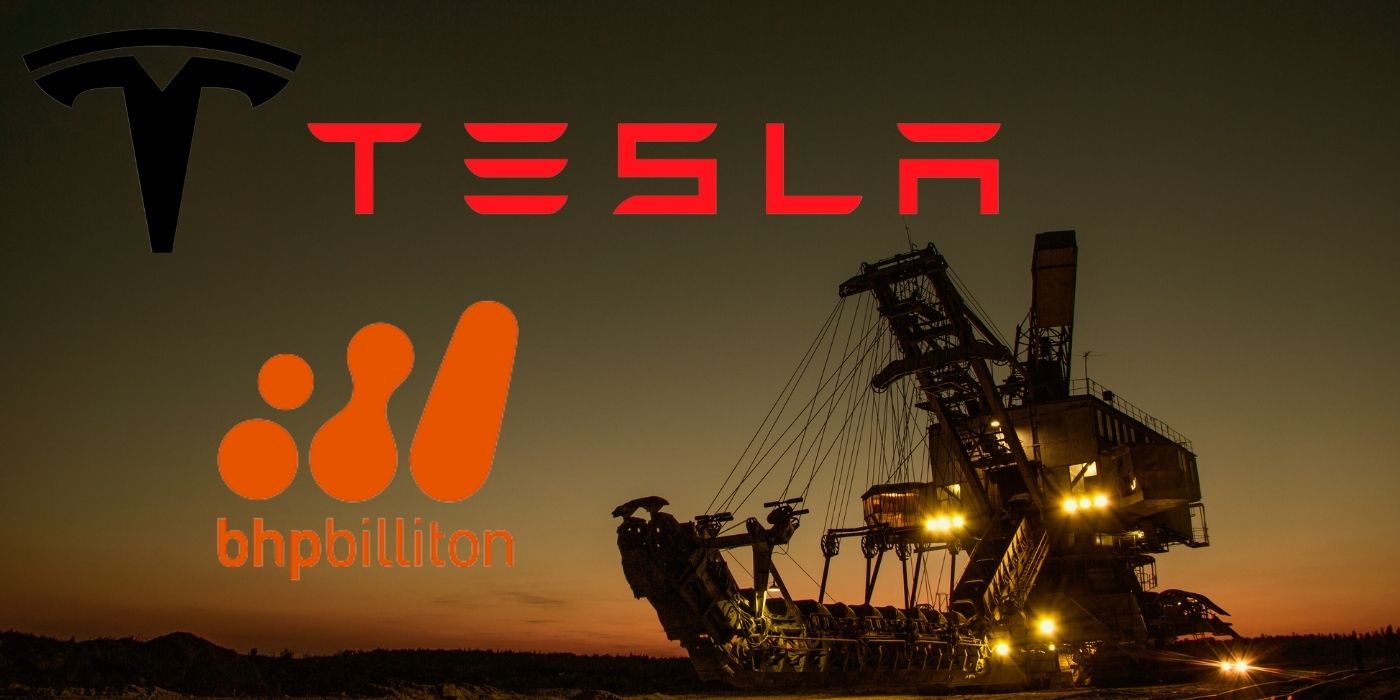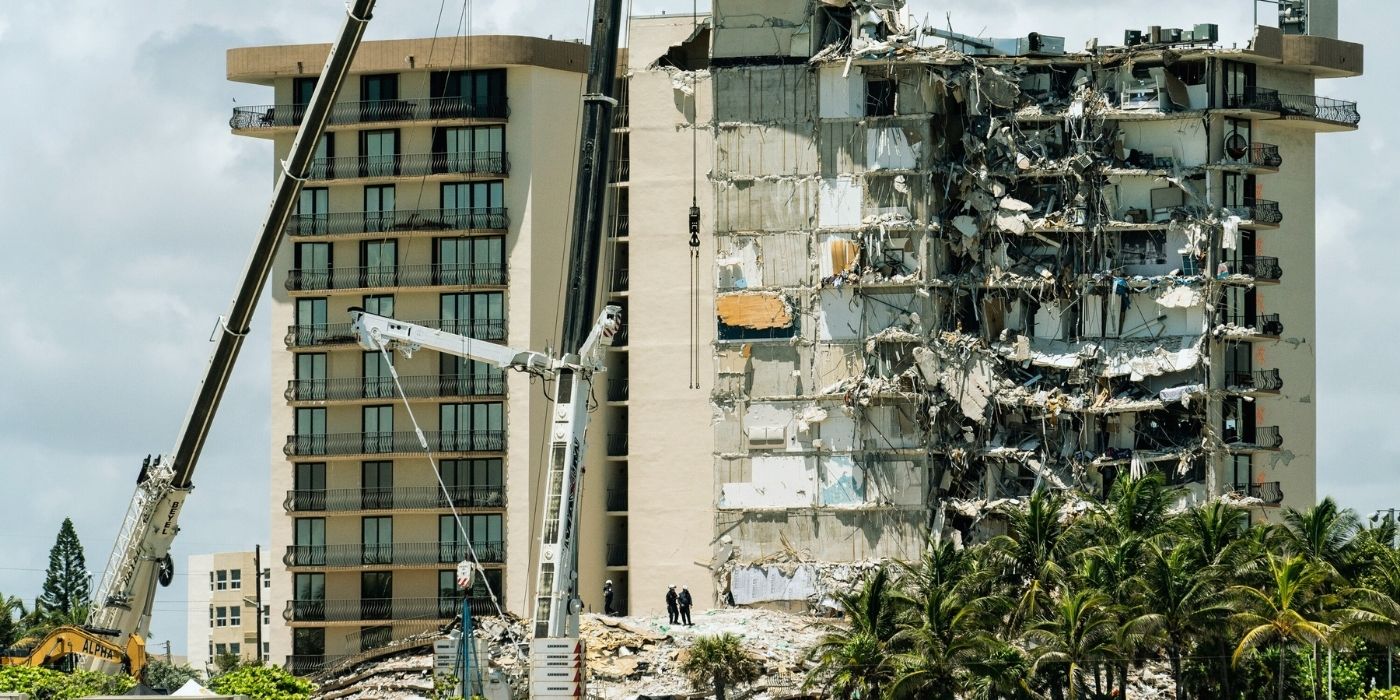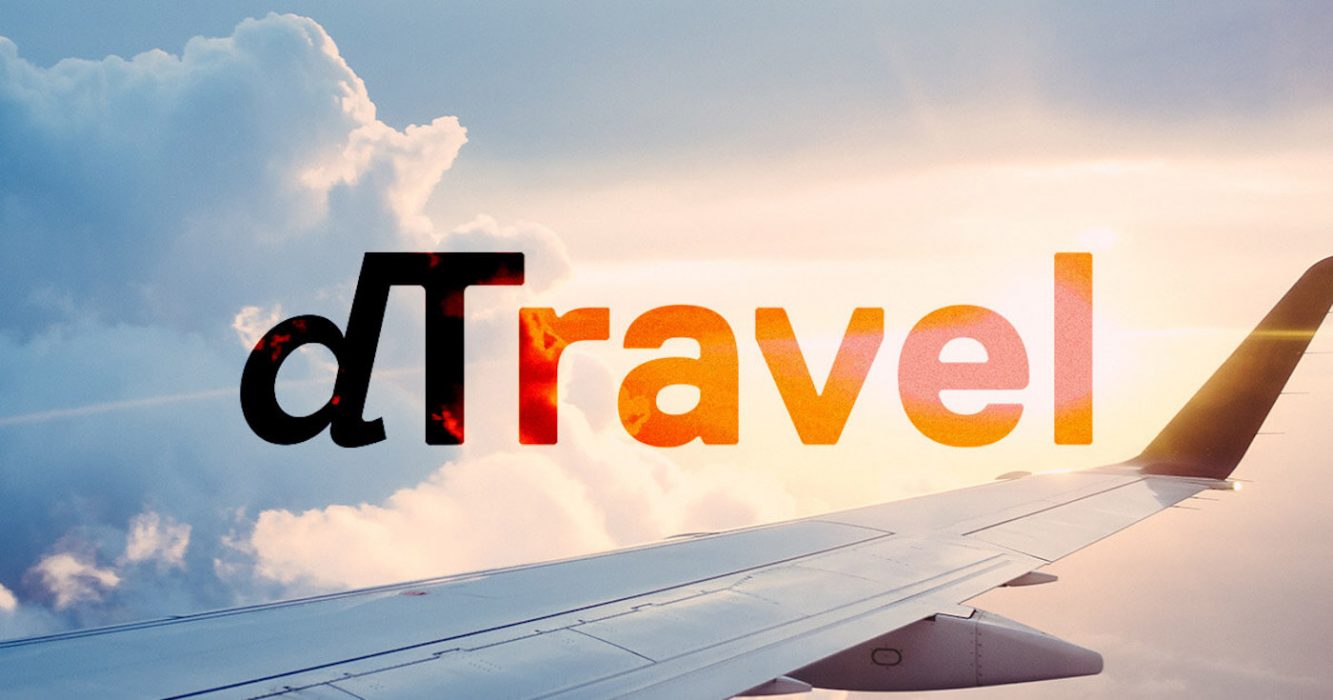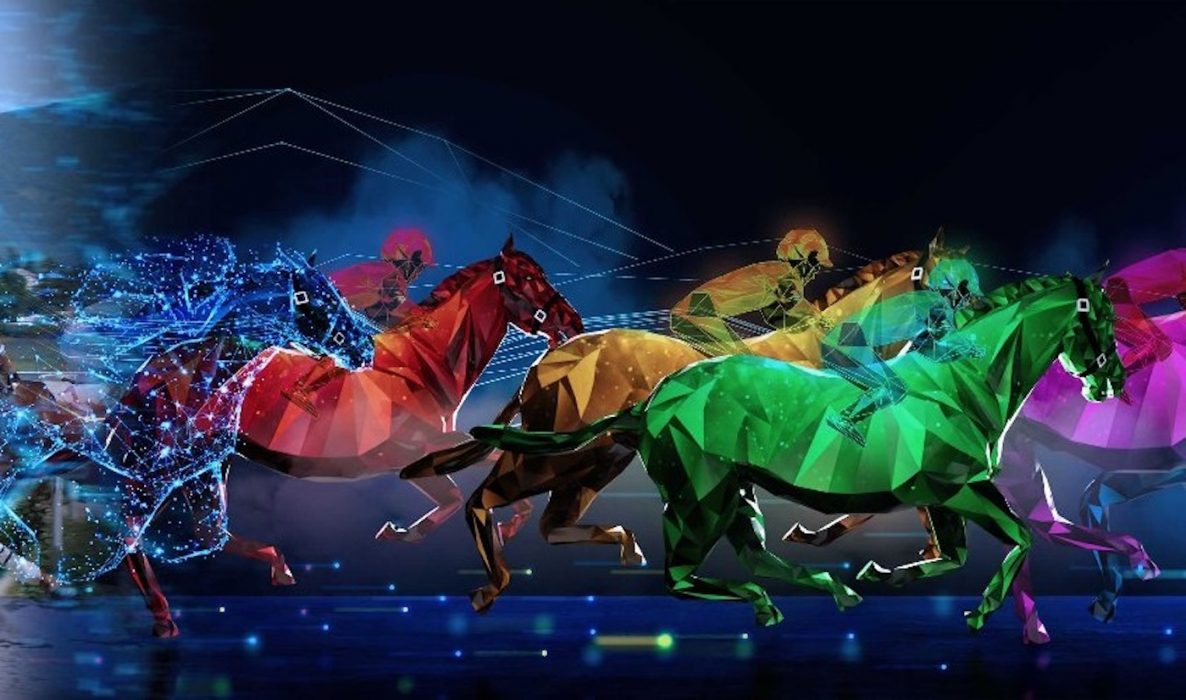The highly prized Kakadu plum, a rich natural source of vitamin C and an internationally recognised native Australian superfood, is at the centre of an Australian government grant of A$455,100 to design a blockchain-based Indigenous certification and accreditation system to improve its traceability.
The Northern Australia Aboriginal Kakadu Plum Alliance consortium is the official recipient of the grant, to be managed by the Mamabulanjin Aboriginal Corporation (MAC). The latter will deploy the funding to develop a Kakadu plum database using blockchain and iso-elemental technology.
Certification to Fight Fraud and Boost Consumer Confidence
In announcing the grant, Minister for Agriculture and Northern Australia David Littleproud said that resultant certification will combat food and ingredient fraud in international markets and provide ongoing assurances to consumers.
This grant will not only verify provenance of the Kakadu plum, it has the potential to be adapted to other high-value supply chains. The Kakadu plum is starting to grab the attention of the cosmetics and nutraceutical sectors, both here and overseas. Improving traceability will assist the sector to continue growing, while protecting traditional and Indigenous knowledge.
David Littleproud, Minister for Agriculture and Northern Australia
MAC CEO Neil Gower predicted the project would help make Indigenous producers more competitive internationally.
This is a fantastic opportunity, not just for the Northern Australia Aboriginal Kakadu Plum Alliance, but for Kakadu plum growers across Australia. We’re hopeful that this project could eventually be used by other Indigenous producers of Australian native foods, like macadamias, finger limes and lemon myrtle.
Neil Gower, CEO, Mamabulanjin Aboriginal Corporation
Blockchain Gains Traction Across Australian Industries
The adoption of blockchain technology is set to streamline a range of Australian industries. Last month, the construction industry was advised that distributed ledger technology, virtual design and onsite drones could keep track of a building’s structural state to avoid disasters such as the Miami apartment building collapse in June.
Also last month, Australian mining company Progressive Minerals announced it was implementing a new infrastructure powered by the Bitcoin SV (BSV) blockchain to enhance its operations through the use of NFTs and tokenisation.
And last year, the government joined with supply chain industry experts to recommend blockchain technology as a solution to widespread fraud in the food and wine industry, which costs Australian businesses over $1.7 billion every year.


